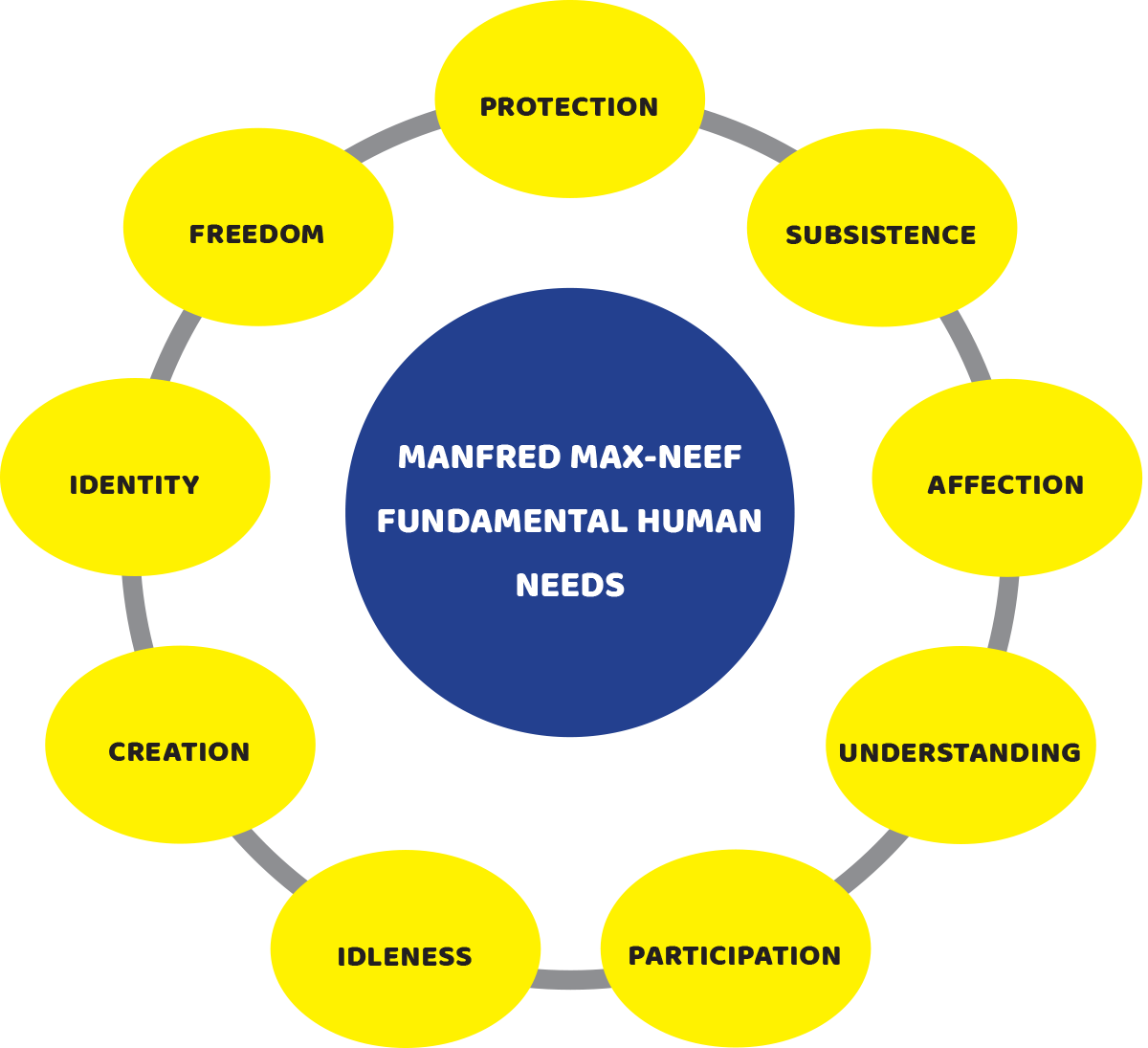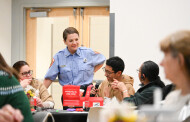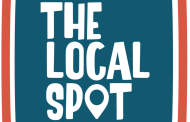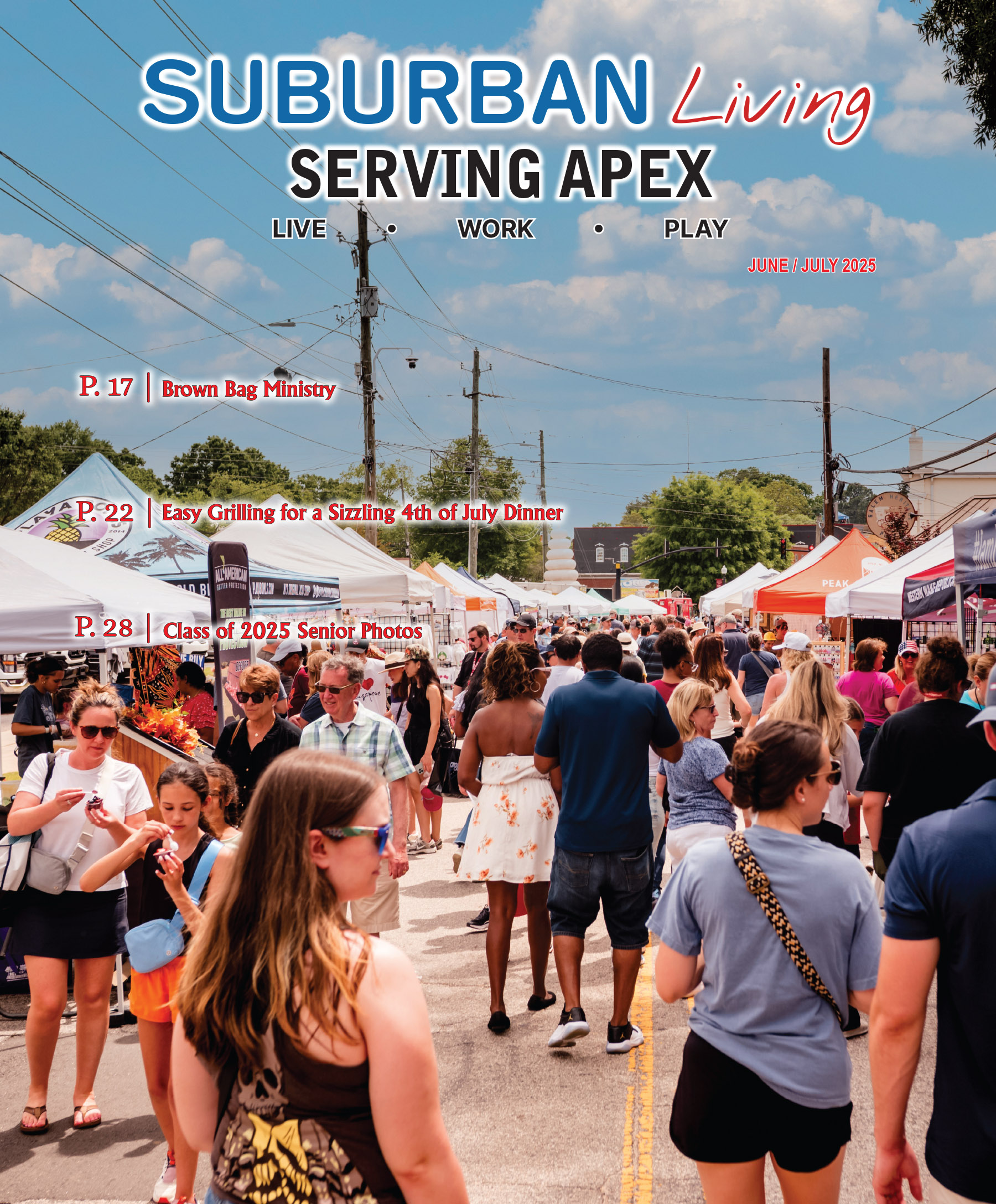Restrictions will be eased, and our lives will be forever changed. The changes will come both gradually and in spurts. They will affect all our needs. People accept changes at different rates. For the elderly, this is the challenge of a lifetime. For the young, it will be only one of the great challenges to humanity their generation will have to face.
Human history has documented our global challenges. Think of the middle-ages’ plagues in Europe that killed a third of their population, the yellow fever that killed our nation’s colonists, and the Spanish Flu just one century ago that killed a little less than 1% in the U.S. alone (650,000 people). But this is the only time in history that we have had our modern tools and skills to face such challenges. Many of these tools are not made of stone or iron as in the past but of information. It is time to pick up these new tools and skills and put them to work. The goal of this article is to make some guesses about how we will use them and what their long-term impact will be.
Since February, I have scoured reports from around the world to make informed guesses about what will happen. The best guesses I found inform us that vaccines will protect against only 70% of infections, but the other 30% will be milder than if no vaccine was taken.
Our first tool is one that helps us to organize our understanding. In no pandemic in history have we ever had such a comprehensive, global-based understanding of human needs as that provided by the renowned Chilean economist Manfred Max-Neef.
Max-Neef’s Fundamental Human Needs
Subsistence: food, shelter, work
Protection: insurance systems, savings, social security, health systems, rights, family, work
Affection: friendships, family, partnerships, relationships with nature
Understanding: literature, teachers, method, educational policies, communication policies
Participation: rights, responsibilities, duties, privileges, work
Idleness: games, spectacles, clubs, parties, peace of mind
Creation: abilities, skills, method, work
Identity: symbols, language, religion, habits, customs, reference groups, sexuality, values, norms, historical memory, work
Freedom: equal rights
Protection and Affection
Our second important tool is statistical tracking. Even with its imperfections, it is still more detailed and widely disseminated than in any previous pandemic. Disinformation is also rampant (google “Disinformation Wikipedia”), so people should rely on respected sources, ask what biases their sources may have, and look for independent verification. If I want a single quick source, I use Dr. Anthony Fauci, Director of the National Institute of Allergy and Infectious Diseases. He has access to an enormous variety of information and because he has been processing health information all his life, does so exceedingly fast. Also, he has reliably withstood many attempts by more powerful others to corrupt or intimidate him.
Helpful research is another tool that is readily available from our surrounding governmental and academic institutions. Their findings will continue to improve as scientists get more experience with the pandemic. For now, the North Carolina Department of Health and Human Services provides an easy-to-use dashboard of cases around the state (to find it, enter “NCDHHS dashboard” into Google). Reporting accuracy for contagious diseases will improve.
More helpful research can be found at our three great local universities. North Carolina State University (NCSU) worked with the Georgia Institute of Technology to survey 515 adults across the nation and learned “that knowledge is power… The more factual information people knew about COVID-19, the less stress they had. That was true across age groups.” Since stress correlates with symptom severity, information can contribute to resilience. In a related study, psychophysiology researchers at the University of North Carolina at Chapel Hill collected data on wellbeing from 600 people around the nation. They found that the most resilient people feel stress, anxiety, loneliness, and depression, like others, but also feel love, gratitude, joy, and hope. The way they reach such positive feelings is through exercise, hobbies, relaxation, and spiritual activities. A Duke University study provides some of the factual information mentioned by the NCSU study. Scientists, there, measured droplet transmission of various masks and found that compared to speech using a fitted N95 mask, fleece masks were worse than no mask at all and bandanas were nearly as bad. The poor masks allowed a thousand times as many droplets to escape as the good ones. Research on resilience and protective measures will become more common as a result of the pandemic.
Social security and government health insurance were unavailable tools for the plague, yellow fever, or Spanish Flu pandemics. COVID-19 will challenge those institutions, but the value of their services will not vanish. Relationships with family and neighbors are important and likely to show mixed effects. Those getting worse get widely reported, but many are also getting better.
Subsistence and Participation
For shelter and food, forecasters have ranged from cautious to pessimistic. A renowned British ecological economist, Simon Mair, has been warning for years that our economic system should be more oriented to providing shelter and food as basic human rights. But no one yet has specified methods for accomplishing this. At home, our best new tools are our Southern Regional Center, faith-based organizations, non-profits like the Fuquay-Varina Food Bank, and American Legion. Their work will grow.
Working from home is a powerful new tool. It can even facilitate sharing material. People in adjacent offices frequently text each other questions rather than holler around the wall or get up to ask in person. Working from home makes digital collaboration mandatory. It also saves travel time and office costs. We will see more working from home in the future.
The tool of videoconferencing has boomed and will continue to boom in use. Fuquay-Varina invested in technology to ensure their connections meet all laws and standards for public access to meetings. Teleconferencing saves time and transportation costs. Many insurance companies pay for online visits when physical presence is unnecessary. This practice is likely to continue.
Understanding
People should read this issue’s article on the new South Lakes Elementary School to get a well-known local principal’s perspective on education. Global reports anticipate that some children will have difficulty with online education, but others will prosper. The generation that grew up during the Spanish Flu pandemic saw shorter lives and reduced lifelong earnings. Thanks to our internet tool, today’s generation will fare better. It brings libraries to home. Wake County schools are providing computers to every student who needs one, even if their parents have one. Laboratories, sports, art, and music are likely to suffer. Hybrid education that combines classroom with online learning is likely to expand.
Learning does not stop with school. Some people will learn a language after realizing how it improves aging cognitive skills and communication with ethnic groups other than their own. Others will use online how-to videos like those from www.youtube.com/c/HowtoVideosonline/videos. Still others will try free courses from nationally known professors like those listed on https: //mashable.com/article/best-free-online-courses-and-classes/ where they take Coursera or edX courses free by signing up to “Audit” so they get no graded tests or certificates. Online learning will become more established.
Idleness and Creation
Some may feel they have had too much idleness, but boredom leads to creativity and idleness is necessary to fulfill creativity’s highest potential. Travel is unlikely to return to its pre-COVID levels since there will be growing levels of caution as knowledge of the pandemic’s effects spreads. On the other hand, more people will engage in the new tools of video documentaries, virtual reality, and videogames to expand their cultural knowledge.
Hiking has proven to be one of the safest ways to get outdoors (remember the UNC study showing how exercise promotes resilience). Check out Suburban Living’s story in this issue on Fuquay-Varina’s greenways and trails. Greenways and hiking trails will expand.
Many of us will have extra time on our hands and use it to make repairs, buy furniture needed for a long time, attend to gardens, or make yards more appealing to wildlife (recall that hobbies also increased resilience). Home-based hobbies will expand.
Identity and Freedom
Psychological research tools have shown that cherishing one’s identity is a powerful force for resilience. We form identities through our families and friends. Social distancing has separated us, but the surge in videoconferencing has revealed new ways to bring us closer. People discuss books, play games, develop craft skills with children at home, and read to grandchildren far away. These will continue at higher levels than before the pandemic.
Time gives us freedom but living together constrains it through citizenship, professions, employment, business, and law. Personal freedom granted by others correlates with the respect we give them, but not perfectly. Respect is a natural outcome of learning what others know that we do not, so ignorance of what others know is a great impediment to respect. We all have our unique patterns of ignorance and expertise, so every person around us deserves respect. Since every generation begins ignorant and develops slowly, we will never conquer ignorance. Whether the pandemic helps us create quicker ways to overcome it and enhance mutual respect depends on how our generation reacts once its threat is weakened. The challenge is on.
Conclusions
This article contains a dozen projections for life after the restrictions have been eased. They are listed below under Max-Neef’s fundamental human needs that inspired their consideration.
Protection
Reporting accuracy for contagious diseases will improve.
Research on resilience and protective measures will become more common.
Affection
Some families will become closer or and others more distant.
Subsistence
The need for services from our governmental, faith-based, and non-profit organizations, will grow.
Participation
We will see more working from home.
Teleconferencing will increase.
Understanding
Hybrid education that combines classroom with online learning will expand.
Online learning will become better established.
Idleness
More people will engage in video documentaries, virtual reality, and videogames to expand their cultural knowledge
Greenways and hiking trails will expand.
Creation
Home-based hobbies will expand.
Identity
12. People will use videoconferencing more to grow closer through book discussions, playing games, developing craft skills with children at home, and reading to grandchildren far away.
These projections are related to the first eight of the nine fundamental human needs. The one left out is freedom, referring to equal rights and respect for all. This is today’s ultimate challenge.









